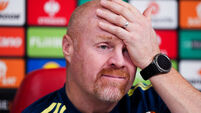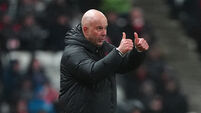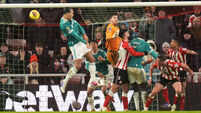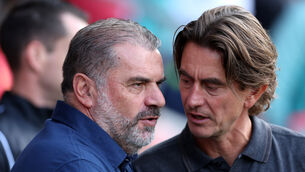Johan Cruyff: The Dutch mastermind behind modern football
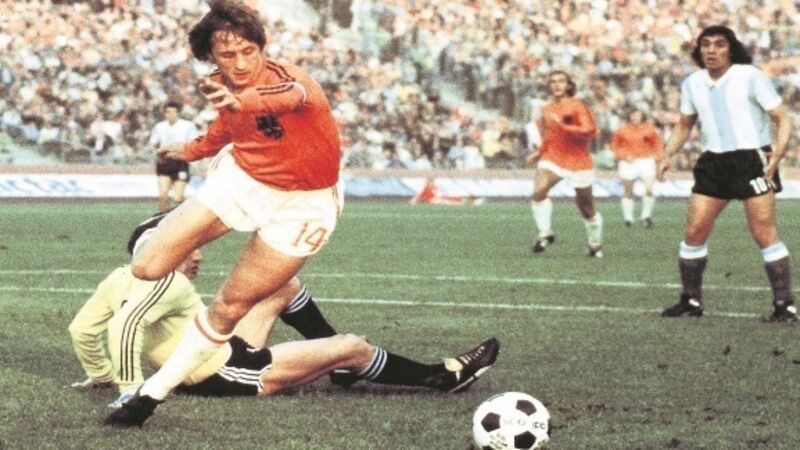
Johan Cruyff was never short of an opinion, or a turn of phrase as sharp as the turn he made famous on the pitch. So it comes as no surprise that he should have written his own obituary in advance.
Now that everything really has come to an end it is difficult to overstate Cruyff’s contribution to football and his status in the game.




